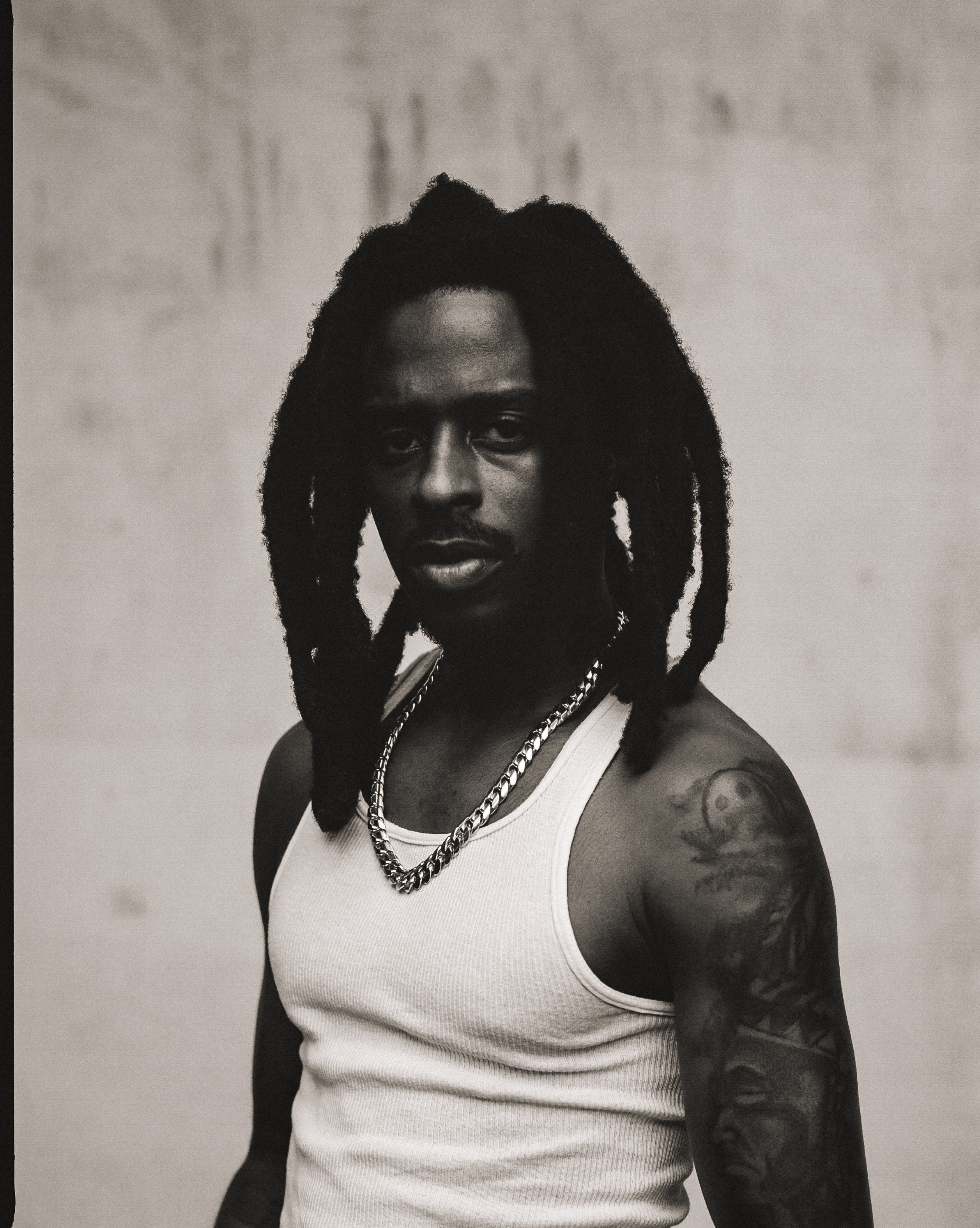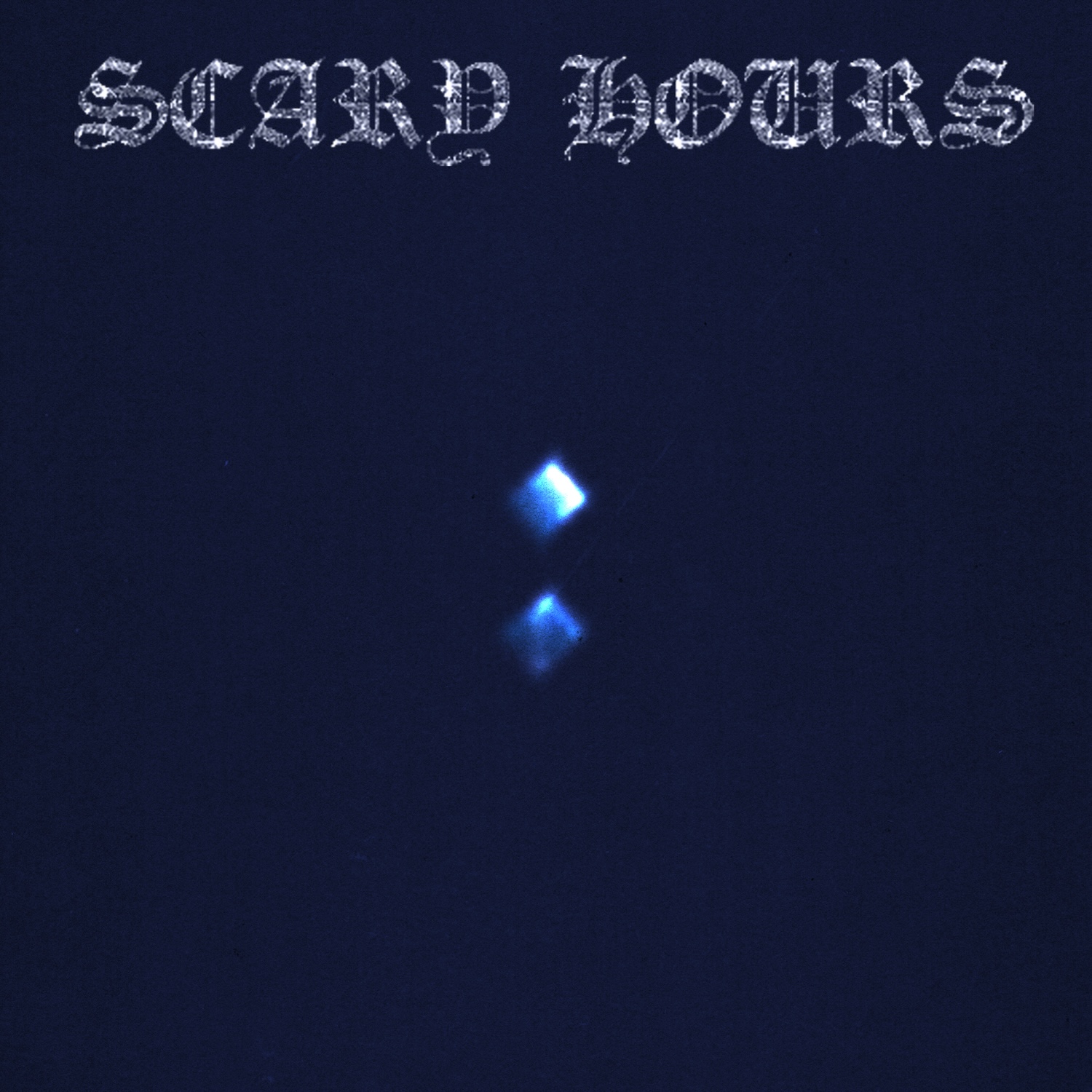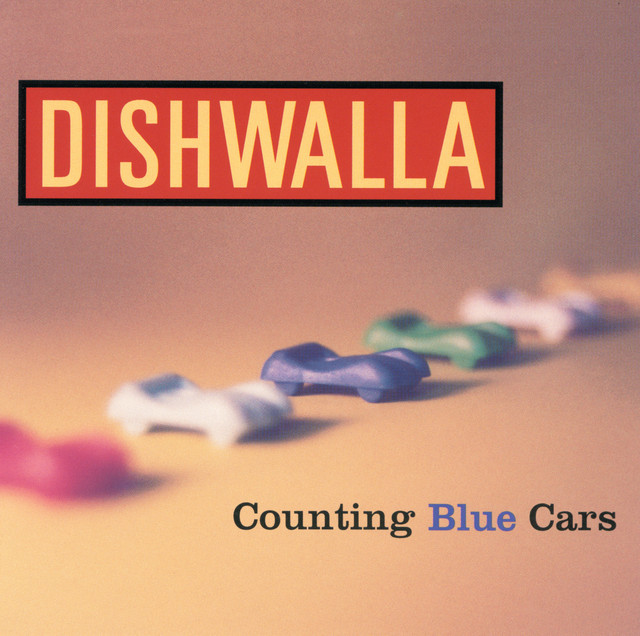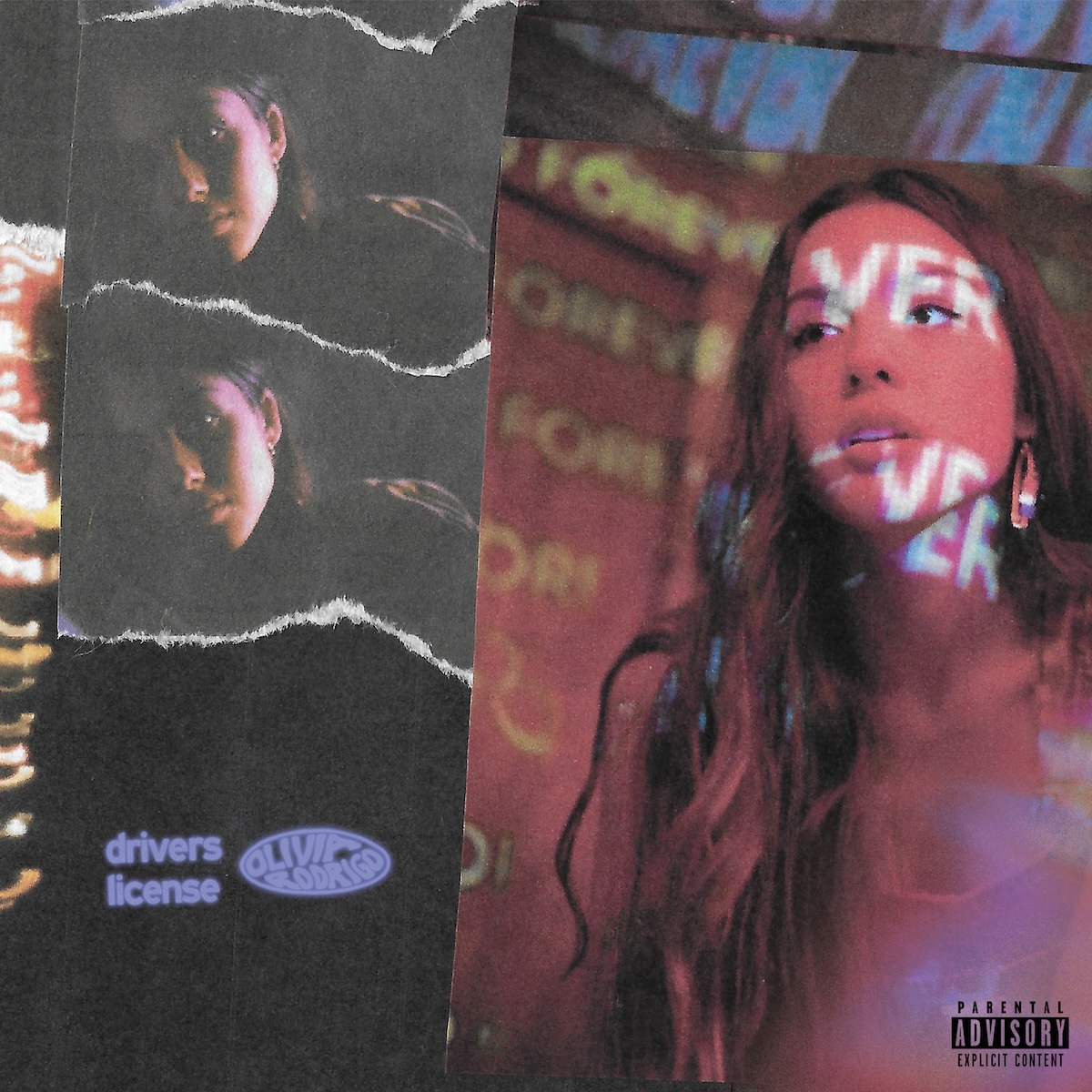In The Number Ones, I'm reviewing every single #1 single in the history of the Billboard Hot 100, starting with the chart's beginning, in 1958, and working my way up into the present.
Toto - "Africa"
HIT #1: February 5, 1983
STAYED AT #1: 1 week
David Paich had never been to Africa when he wrote "Africa." Instead, Paich, keyboardist and main songwriter of Toto, based "Africa" on whatever impressions of the continent he'd gotten from UNICEF commercials, from National Geographic, from his old schoolteachers' stories of doing missionary work over there. When Paich wrote the song, he had two twin inspirations: A late-night TV documentary he'd just seen about human misery in Africa, and the horn sounds that he could make on the CS-80, the polyphonic keyboard he'd just bought. "Africa" is very much the sort of song that someone might write based on half-assed romantic notions of a foreign land and on excitement over a fancy new synthesizer. This is not a complaint.
The Africa of "Africa" is not an actual place. "I know that I must do what's right/ As sure as Kilimanjaro rises like Olympus above the Serengeti," Paich sings. But Paich doesn't know what he's talking about. Kilimanjaro is more than a hundred miles from the Serengeti. Paich had a vague narrative in mind: A social worker is in love with a girl, but if he wants to be with her, he'll have to leave behind this mythical land that he loves. So then the Africa of "Africa" doesn't even have to be a real place. It's more a stand-in, a thing that you long for even before you've said goodbye to it. Paich was at least partly writing about his own rock stardom -- about the dedication to his work that kept him apart from anything resembling a normal life.
The fact that Paich uses Africa as his extended metaphor is a perfectly ridiculous act of hubris. Africa is, after all, an actual place, not a mental state. It's also a loaded place within the Western imagination. Black people might not be too into the idea of a White guy using Africa as a sort of mystical romantic shorthand. Quite simply, "Africa," at least in the way Paich wrote it, should not exist. But it does exist, and it also slaps. With "Africa," Paich and his band made a perfectly ridiculous hunk of ultra-dramatic synth-gloop to go along with that perfectly ridiculous act of hubris.
It's a bit miraculous that Toto were ever stars in the first place. They don't look like stars. They look like shaggy, anonymous '70s session-musician types, which is exactly what they were. Toto are kind of the late-'70s/early-'80s version of the Wrecking Crew. The members of Toto, especially the extremely busy drummer and "Africa" co-writer Jeff Porcaro, played on a whole ton of #1 singles: Rhythm Heritage's "Theme From S.W.A.T.," Leo Sayer's "When I Needed You," Olivia Newton-John's "Magic." They played on Steely Dan records and Seals & Crofts records. When producer David Foster retooled Chicago's sound on the 1982 album Chicago 16, he replaced most of the members of Chicago with members of Toto. Whenever someone needed slick in-studio virtuosity, the members of Toto were the guys to call. They kept doing session work even after they'd become hugely popular.
David Paich and Jeff Porcaro, the two busiest members of Toto, were both born into the business, sons of session musicians. In high school, they'd had a band called Rural Still Life together, but they'd left it behind to chase that session money. Paich and Porcaro hatched a plan to form their own band when they were both working on the 1976 Boz Scaggs album Silk Degrees. (Paich co-wrote Scaggs' highest-charting single, 1976's "Lowdown." "Lowdown" peaked at #3; it's a 6.) Paich and Porcaro brought in veteran session bassist David Hudgate, Boz Scaggs guitarist Steve Lukather, and Jeff's brother Steve Porcaro.
Toto hit big with their first single, the expensive-sounding 1978 track "Hold The Line." ("Hold The Line" peaked at #5. It's a 6.) But the band's next few records didn't sell, and Toto were on the verge of losing their Columbia Records contract with they released the 1982 album Toto IV. But Toto IV isn't an anxious record. It's rich and luxurious in the way that only early-'80s records can be rich and luxurious. Toto IV has layer after layer of harmony and keyboard twiddle and complicated drum-shuffle. It would all be too much if the band didn't have songs. But the songs are there.
"Africa" wasn't supposed to be a single. It's the last song on the LP, the weird little experiment that other members of the band correctly found ridiculous. (Steve Lukather, talking to The Guardian years later: "I thought the song had a brilliant tune, but I remember listening to the lyrics and going: 'Dave, man, Africa? We’re from north Hollywood. What the fuck are you writing about? I bless the rains down in Africa? Are you Jesus, Dave?'") Instead, the big single was the absurdly rich opener "Rosanna," which sounds like Steely Dan attempting to make power-pop. "Rosanna" totally worked, and it was the hit that Toto needed. ("Rosanna" peaked at #2. It's a 7.)
So Toto IV was a big record, even though the band wasn't touring behind it, opting instead to stay in LA so that the band members could work on albums like Chicago 16 and Michael Jackson's Thriller. But clubs in New York started playing "Africa," and people at the band's label noticed. So "Africa" became a single, and then it became the biggest song that Toto would ever make. Everyone in the band was shocked when "Africa" blew up.
The video was certainly part of it. Director Steve Barron was a hugely important figure in the early MTV days. He'd done the Human League's clip for "Don't You Want Me?," and he later did a whole lot of videos for songs that will end up in this column. (Barron would also direct the 1990 movie Teenage Mutant Ninja Turtles, which for a while was the highest-grossing independent film ever made.) In Toto, Barron was working with doofy session-musician types who didn't look like stars, and he made that work.
The "Africa" video has a sort of stylized Indiana Jones vibe. David Paich is in a library, doing research on ancient dusty tomes, when some kind of unexplained African magic causes a tribesman to throw a spear that somehow goes out of the book, and into the library? And maybe makes Paich disappear? And some stuff catches on fire? It's pure cocaine-logic delirium. The "Africa" clip is also almost shockingly racist, even by early-MTV standards. But it succeeds at its goal of making Toto seem visually compelling and translating the over-the-top drama of "Africa" into something cinematic.
That sense of overwrought drama is also the reason why "Africa" has lingered, why it remains meme-bait decades later. The song has a full and expansive groove, with its purring synth riff and its layered percussion and its vaguely kalimba-sounding keyboard solo. The mix is overstuffed enough that former Eagles member Timothy B. Schmidt is in there, adding acoustic guitar and vocal harmonies. (As a solo artist, Schmidt's highest-charting single, 1987's "Boys Night Out," peaked at #25.)
Still, it's not the groove that drives "Africa" home. It's the part when the chorus hits and the song swells up into something operatic. Paich sings lead on most of the song, but regular Toto lead singer Bobby Kimball takes over on the hook and blows it the fuck out. Paich's lyrics are hackneyed and overwritten in a fun sort of way: "The wild dogs cry out in the night/ As they grow restless longing for some solitary company." But both Paich and Kimball sell the song, bringing insane levels of confidence and seriousness to their own soft-rock maximalism. If Toto had even a smidge of self-consciousness, "Africa" would've utterly fallen apart. Thank fuck they didn't.
When "Africa" hit #1, it briefly interrupted the reign of Men At Work's "Down Under," another song about a continent. (Rob Sheffield in Rolling Stone: "The only time in pop history two continents slugged it out for #1 -- right after the band Asia had the best-selling album of 1982.") A few months later, Toto IV won Album Of The Year at the Grammys, while "Rosanna" won Record Of The Year. I attribute this entirely to the session-musician vote. Those guys must've been psyched to see some of their own kind doing so well. It doesn't happen that often.
Toto only had one more top-10 hit after "Africa"; the Toto IV power ballad "I Won't Hold You Back" peaked at #10 later in 1983. (It's a 5.) After that, Toto's history gets checkered and weird. Bassist David Hungate had already left the band to go become a producer in Nashville after they'd gotten done recording Toto IV. Jeff and Steve Porcaro replaced him with their brother Mike, who mimed Hungate's part in the "Africa" video. When "Africa" hit #1, singer Bobby Kimball was awaiting trial for selling cocaine to an undercover cop. The charges were dismissed later that year, but Toto still fired Kimball in 1984. For a while, they replaced him with Joseph Williams, son of famed film composer John. (John Williams' highest-charting single, the London Symphony Orchestra's 1977 recording of the Star Wars main-title theme, peaked at #10. It's a 10.)
Toto themselves did some film-composing work, doing the score for David Lynch's beloved-among-weirdos 1984 Dune adaptation. They also recorded with Miles Davis and Eddie Van Halen, though sadly not at the same time. In 1992, Jeff Porcaro died of a heart attack -- brought on, in part, by years of cocaine use -- at the age of 38. Mike Porcaro died of ALS in 2015, when he was 59. The band's lineup has kept shifting, and various different band members have retired and unretired. But Toto have continued to tour and record, and they're still around.
"Africa" is still around too, and it might be more inescapable now than it was in 1983. When Nelson Mandela died in 2013 and CBS News used "Africa" to soundtrack the news of his death, people, including David Paich, got justifiably pissed off. Mostly, though, "Africa" does not exist as a solemn song. It's a meme, a funny '80s thing that everyone recognizes instantly. There's a whole Family Guy episode built around the song, which is the kind of thing that should signal that we, as a culture, have run something into the ground. In the Namib desert, there's a solar-powered installation that will supposedly play "Africa" for all eternity. And just last week, Toto themselves posted a social-distanced version of "Africa" on Facebook.
[videoembed size="full_width" alignment="center"][/videoembed]
In 1983, Toto's "Africa" single went platinum. Now, after years of memes, it's platinum four times over. When songs become memes, those songs can never truly die.
GRADE: 8/10
BONUS BEATS: Here's Nas rapping over an "Africa" sample on the L.E.S.-produced 1999 album track "New World":
(Nas' highest-charting single, 2003's "I Can," peaked at #12.)
BONUS BONUS BEATS: Ja Rule also rapped over an "Africa" sample on the 2003 track "Murder Reigns." Here's the video:
(Ja Rule will eventually appear in this column. Patrick Swayze, co-star of the "Murder Reigns" video, made it up to #3 with the 1987 Wendy Fraser collab "She's Like The Wind." It's a 5.)
BONUS BONUS BONUS BEATS: Here's Danny Pudi, Betty White, and Donald Glover interpolating "Africa" during an end-credits rap from a 2010 episode of Community:
(Donald Glover will eventually appear in this column.)
BONUS BONUS BONUS BONUS BEATS: Here's Wiz Khalifa and Curren$y rapping over an "Africa" sample on the 2010 mixtape track "Huey Newton":
(Curren$y's highest-charting single, the 2015 Lil Wayne/August Alsina collab "Bottom Of The Bottle," peaked at #97. Wiz Khalifa will eventualy appear in this column.)
BONUS BONUS BONUS BONUS BONUS BEATS: And now the big one! In 2017, a teenage Weezer fan in Ohio started a Twitter campaign to get Weezer to cover "Africa." A few months later, Weezer, trolling that fan a bit, covered "Rosanna" instead. Then, shortly after that, Weezer caved to the pressure and dropped their "Africa" cover. "Africa" became Weezer's biggest hit in years, peaking at #51. Weezer built a whole ridiculous covers album around it. Steve Porcaro sat in with Weezer when they played "Africa" on Kimmel. Later on, Toto, repaying the favor, covered Weezer's song "Hash Pipe." It was a whole thing. Here's Weezer's video for their "Africa" cover:
(Weezer's highest-charting single, 2005's "Beverly Hills," peaked at #10. It's a 7. "Africa" video star "Weird Al" Yankovic's highest-charting single, 2006's "White & Nerdy," peaked at #9. It's also a 7.)
I generally keep Bonus Beats to five selections, but "Africa" has been so goddamn omnipresent for the past few years that it hasn't been easy. I did not mention, for instance, the preposterous "Africa"-sampling Pitbull song on the Aquaman soundtrack, or the time Justin Timberlake and Jimmy Fallon sang it on The Tonight Show while dressed up as Boy Scouts. (Pitbull and Justin Timberlake will both be in this column eventually.)
My favorite "Africa" recurrence doesn't seem to be on YouTube. Few people ever talk about The World Is Yours, Romain Gavras' 2018 French crime movie, but I love that thing. I'd put it right up there with The Irishman and The Night Comes For Us on the list of the best Netflix original films. In The World Is Yours, there's a great scene involving Scottish and Moroccan drug smugglers in a Spanish seaside karaoke bar, and it's set to "Africa." I've watched this scene a lot of times, and I recommend that you do the same. It starts around the 51-minute mark mark of the movie, and it works even if you don't know the backstory.






